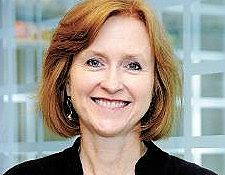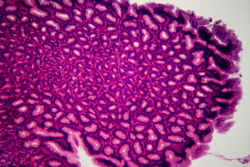

Although it seems raising as much venture capital as humanly possible is Silicon Valley’s mantra, there are reasons to be cautious when signing termsheets. Startups raising a couple of million dollars had a median exit price of more than $10 million, while the outcome for those raising double that was actually worse, a recent study shows.
The report, by San Francisco-based Exitround, a marketplace for M&A deals for small tech companies, found companies raising $2 million to $3 million were more likely to exit at a valuation over $10 million, while for startups raising $3 million to $10 million the median exit price was less.








